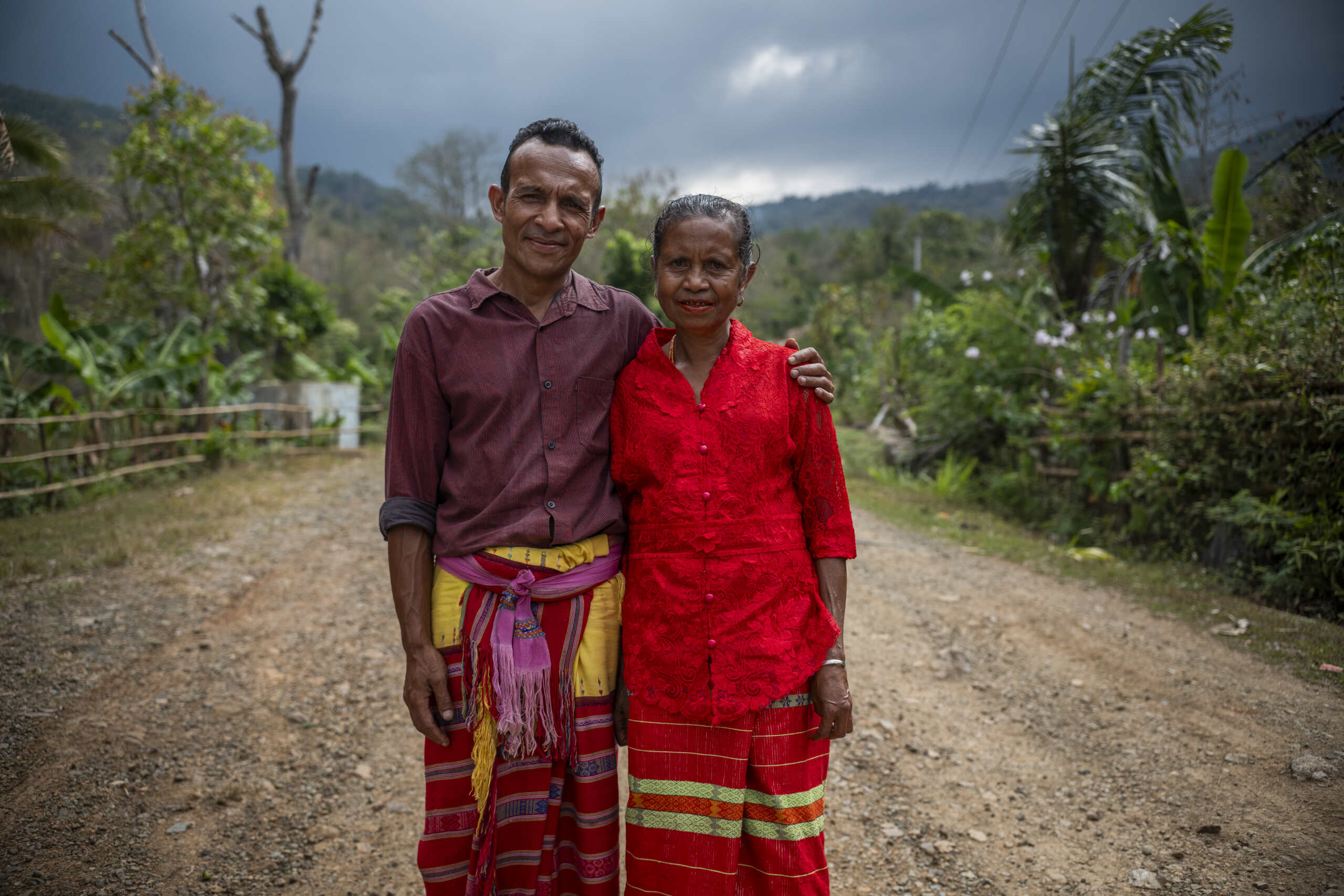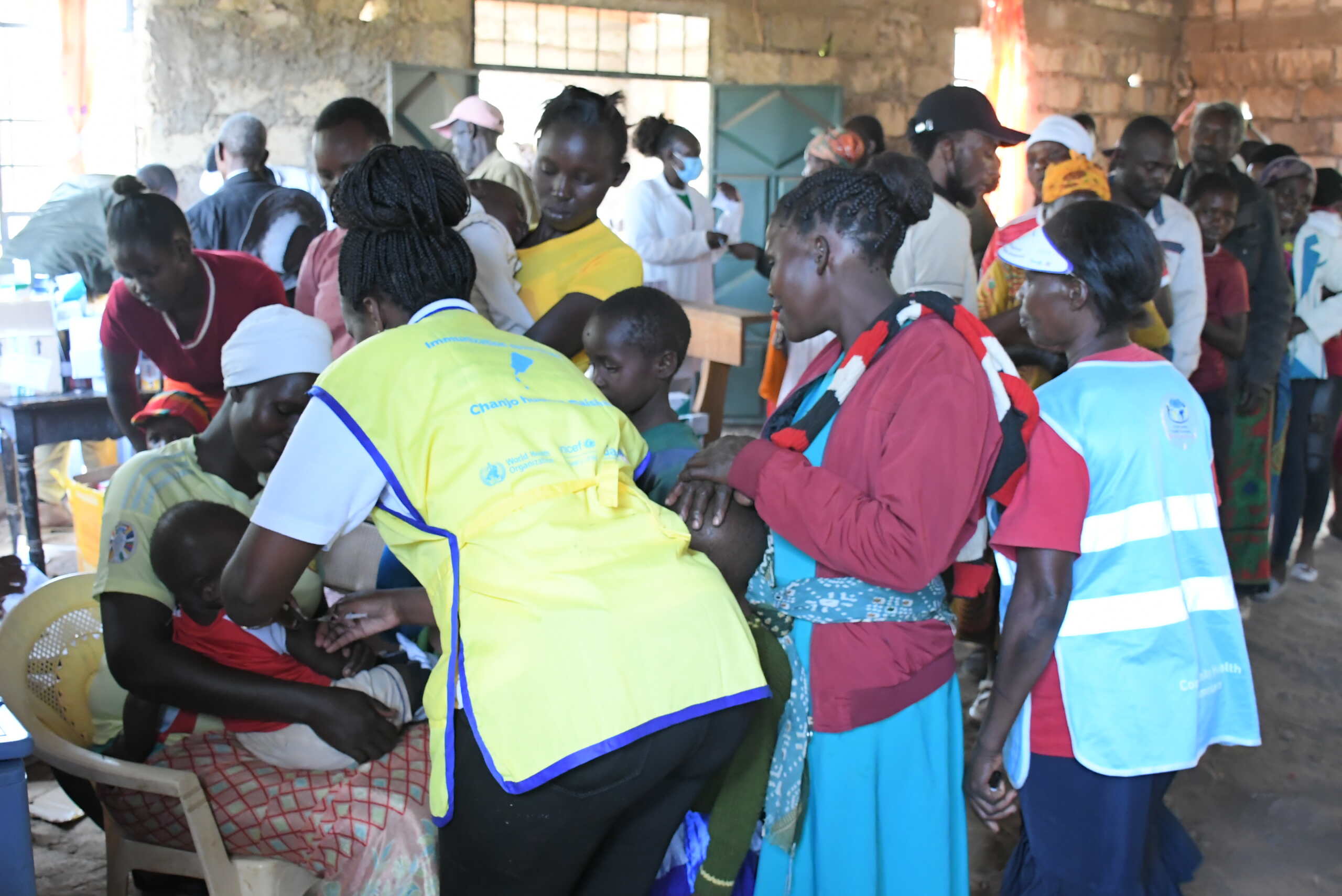Access means I can move freely: Bimal Paudel on inclusion, innovation, and the ‘Accessibility Paradox’
Idpd-case-studies, Stories | October 14, 2025
For Bimal Paudel, disability inclusion isn’t just part of his job – it’s a lifelong mission. As CBM Global in Nepal’s Disability Inclusion Advisor, Bimal has spent nearly 20 years advocating for change in government, institutions and society.
Blind since childhood, Bimal’s journey began with barriers. “We were supposed to get Braille books,” he says about his early schooling. He only started school at the age of nine after his parents kept fighting for his right to education. “But the books only arrived at the end of the academic year.” So he had to rely on sighted classmates and teachers to read things aloud, a workaround that became routine. Later, at university, he used a tape recorder to save readings, paying friends in snacks to help him build his own audio library.
But Bimal didn’t just find ways to cope, he innovated. He taught himself to use a demo version of JAWS screen reader, rebooting his computer every 40 minutes to keep it running. “Compulsion taught me technology,” he says.
While at university, Bimal helped form a local Organisation of People with Disabilities (OPD) to lobby for scholarships and access to support, so that his fellow students with disabilities could take part and learn. That work grew into national leadership, including Bimal doing accessibility audits for UN agencies. “We realised OPDs don’t just need support, we can offer it,” he says.
One of Bimal’s most powerful critiques is about what he calls the Accessibility Paradox – when policies and documents about inclusion aren’t accessible to the people they’re meant to support.
“It makes me furious. If a law talks about accessibility, it should be accessible to us.”
He’s also challenged government officials directly – about website accessibility, building design and more. “They’d say, ‘Why make it accessible if only a few people use it?’ I’d tell them: people aren’t coming because it’s not accessible.”
Bimal’s vision is clear: accessibility must be proactive, not reactive. It must be built from the start, not added in later. And it must be shaped by people with disabilities and their allies. “We need champions,” he says, “not just activists, but architects, lecturers, and officials who challenge barriers and help build solutions.”
“Access means I can move and use the physical and digital spaces independently.”
https://www.cbm.org.au/idpd-case-studies/access-means-i-can-move-freely-bimal-paudel-on-inclusion-innovation-and-the-accessibility-paradox
Related Stories

Week 1 – Lent series 2026
As we enter the season of Lent, we’re taking time as a community to pause, reflect, and draw closer to the heart of God. Lent invites...

How CBM is making a difference in Indonesia
For more than 45 years, CBM Global has been working alongside communities in Indonesia to ensure people with disabilities...

Coordinating inclusive health outreach in Meru County
For many households in Meru’s rural and remote areas, basic health services are physically...
